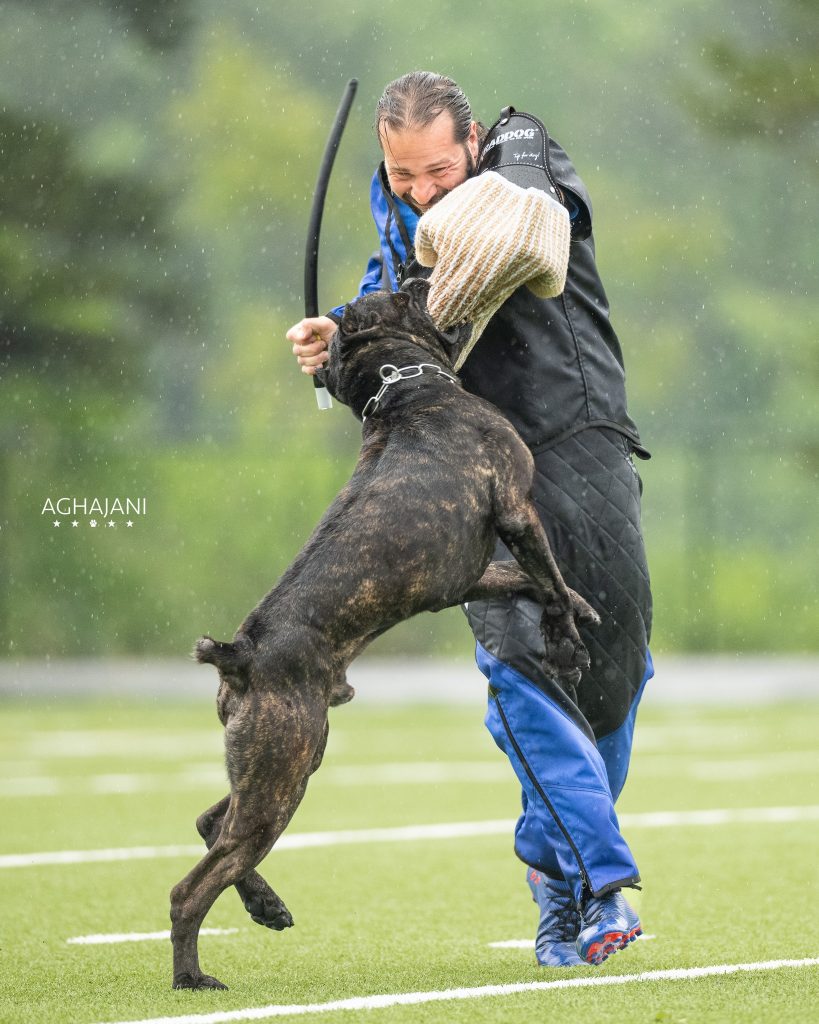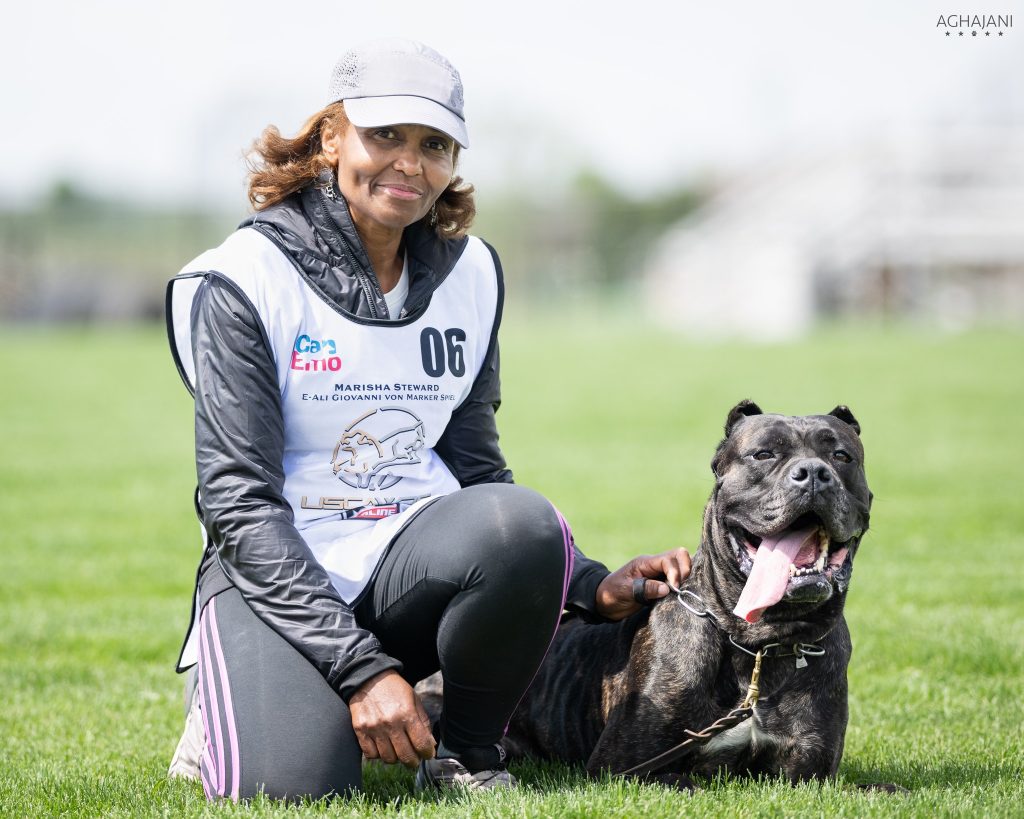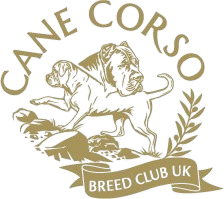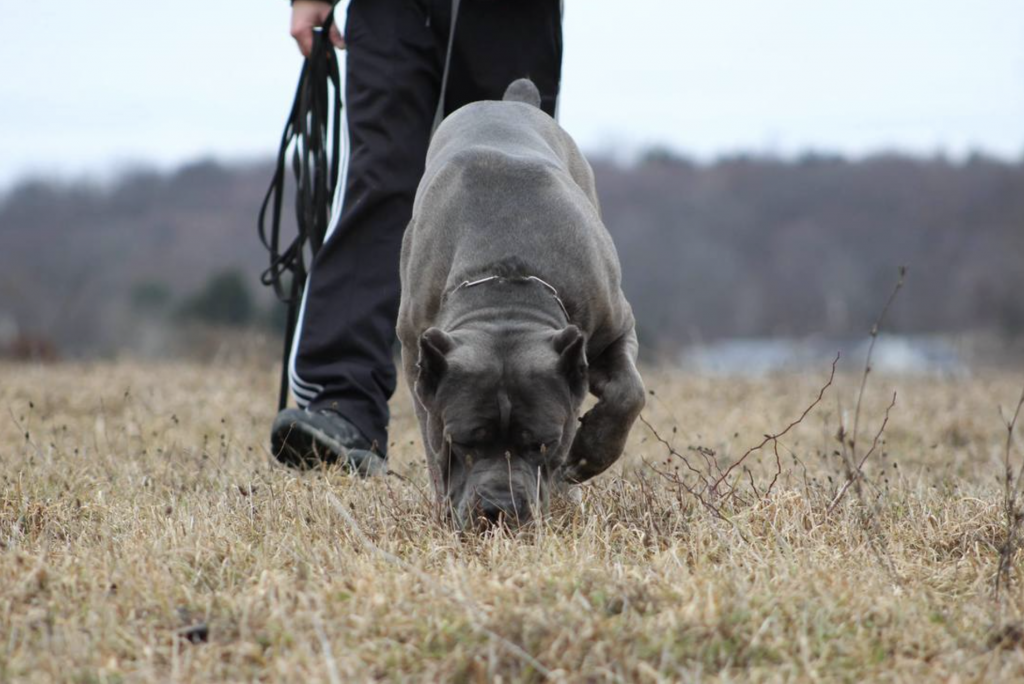
Introduction
Dog sports have gained immense popularity over the years, offering a unique way for dogs and their handlers to bond, stay active, and showcase their skills. In the United Kingdom, several dog sports have garnered a dedicated following, including IGP (Internationale Gebrauchshund Prüfung), AVD (Arbeitsgebrauchshund Verein Deutschland), and ZWP (Zucht- und Arbeitsprüfung). These sports not only test the physical and mental capabilities of the dogs but also emphasize the importance of training, discipline, and teamwork between the dog and its handler.
This comprehensive article delves into the world of dog sports in the UK, focusing on IGP, AVD, and ZWP. We will explore the history, rules, training methods, and the benefits of participating in these sports. Additionally, we will provide insights into the UK’s dog sports community, including clubs, competitions, and resources for enthusiasts.
Chapter 1: Understanding Dog Sports
1.1 What Are Dog Sports?
Dog sports are competitive activities that involve dogs and their handlers working together to complete specific tasks or challenges. These sports are designed to test various aspects of a dog’s abilities, including obedience, agility, tracking, protection, and endurance. Dog sports are not only a way to keep dogs physically and mentally stimulated but also provide an opportunity for handlers to strengthen their bond with their canine companions.
1.2 The Benefits of Dog Sports
Participating in dog sports offers numerous benefits for both dogs and their handlers:
- Physical Exercise: Dog sports provide an excellent way for dogs to stay active and maintain a healthy weight. Regular physical activity helps prevent obesity and related health issues.
- Mental Stimulation: Many dog sports require problem-solving and decision-making, which keep dogs mentally sharp and engaged.
- Bonding: Training and competing in dog sports strengthen the bond between the dog and its handler, fostering trust and communication.
- Socialization: Dog sports often involve interacting with other dogs and people, which helps improve a dog’s social skills and reduces anxiety in new environments.
- Discipline and Obedience: Participating in dog sports reinforces obedience and discipline, making dogs more well-behaved in everyday life.
- Community: Dog sports bring together like-minded individuals who share a passion for dogs, creating a supportive and enthusiastic community.
1.3 Popular Dog Sports in the UK
The UK is home to a diverse range of dog sports, each with its own unique set of rules and challenges. Some of the most popular dog sports in the UK include:
- IGP (Internationale Gebrauchshund Prüfung): A versatile sport that tests a dog’s tracking, obedience, and protection skills.
- AVD (Arbeitsgebrauchshund Verein Deutschland): A German-based sport that focuses on working dogs’ abilities in tracking, obedience, and protection.
- ZWP (Zucht- und Arbeitsprüfung): A breeding and working dog test that evaluates a dog’s suitability for breeding based on its working abilities.
In the following chapters, we will explore these three sports in detail, including their history, rules, training methods, and the UK’s dog sports community.
Chapter 2: IGP (Internationale Gebrauchshund Prüfung)

2.1 History of IGP
IGP, formerly known as Schutzhund, originated in Germany in the early 20th century. The sport was initially developed to test the working abilities of German Shepherd Dogs, ensuring they were suitable for police and military work. Over time, IGP evolved into a competitive sport open to all breeds, focusing on three main disciplines: tracking, obedience, and protection.
2.2 The Three Disciplines of IGP
IGP is divided into three distinct phases, each designed to test different aspects of a dog’s abilities:
2.2.1 Tracking
The tracking phase evaluates a dog’s ability to follow a scent trail laid by a person. The dog must follow the trail accurately, indicating any articles left along the way. This phase tests the dog’s scenting ability, concentration, and perseverance.
2.2.2 Obedience
The obedience phase assesses the dog’s responsiveness to the handler’s commands. Exercises include heeling on and off-leash, retrieving, jumping, and staying in position. This phase emphasizes precision, control, and teamwork between the dog and handler.
2.2.3 Protection
The protection phase tests the dog’s courage, control, and ability to protect its handler. The dog must apprehend a “helper” (a person acting as a decoy) while remaining under the handler’s control. This phase also includes exercises where the dog searches for the helper and guards the handler.
2.3 IGP in the UK
IGP has a strong following in the UK, with numerous clubs and organizations dedicated to the sport. The United Schutzhund Clubs of America (USCA) and the German Shepherd Dog Federation of Great Britain (GSDF) are two prominent organizations that promote IGP in the UK. These organizations offer training resources, competitions, and certifications for handlers and their dogs.
2.4 Training for IGP
Training for IGP requires dedication, patience, and consistency. Handlers must focus on developing their dog’s skills in tracking, obedience, and protection while ensuring the dog remains well-balanced and controlled. Key training tips for IGP include:
- Start Early: Begin training your dog at a young age to build a strong foundation in basic obedience and socialization.
- Positive Reinforcement: Use positive reinforcement techniques, such as treats and praise, to encourage desired behaviors.
- Consistency: Be consistent in your commands and expectations to avoid confusing your dog.
- Gradual Progression: Gradually increase the difficulty of exercises as your dog becomes more proficient.
- Professional Guidance: Consider working with a professional IGP trainer or joining a club to receive expert guidance and support.
2.5 IGP Competitions in the UK
IGP competitions in the UK are organized by various clubs and organizations, offering handlers the opportunity to showcase their dogs’ skills and earn titles. Competitions are typically divided into different levels, such as IGP1, IGP2, and IGP3, with increasing levels of difficulty. Handlers and dogs must pass each level to progress to the next.
Chapter 3: AVD (Arbeitsgebrauchshund Verein Deutschland)
3.1 History of AVD
AVD, or Arbeitsgebrauchshund Verein Deutschland, is a German-based dog sport that focuses on the working abilities of dogs. Similar to IGP, AVD tests a dog’s skills in tracking, obedience, and protection. However, AVD places a greater emphasis on the practical application of these skills in real-world scenarios, such as police and military work.
3.2 The Three Disciplines of AVD
AVD is structured around three main disciplines, each designed to evaluate different aspects of a dog’s working abilities:
3.2.1 Tracking
The tracking phase in AVD is similar to that in IGP, with the dog required to follow a scent trail and indicate articles left along the way. However, AVD tracking exercises may include more complex scenarios, such as crossing tracks or following a trail laid over different terrains.
3.2.2 Obedience
The obedience phase in AVD focuses on the dog’s responsiveness to commands and ability to perform tasks under distraction. Exercises include heeling, retrieving, jumping, and staying in position, with an emphasis on precision and control.
3.2.3 Protection
The protection phase in AVD tests the dog’s courage, control, and ability to protect its handler in real-world situations. The dog must apprehend a helper while remaining under the handler’s control, and exercises may include searching for the helper and guarding the handler.
3.3 AVD in the UK
AVD is less well-known in the UK compared to IGP, but it has a dedicated following among working dog enthusiasts. The sport is promoted by organizations such as the German Shepherd Dog Federation of Great Britain (GSDF) and the British Association for German Shepherd Dogs (BAGSD). These organizations offer training resources, competitions, and certifications for handlers and their dogs.
3.4 Training for AVD
Training for AVD requires a strong focus on practical skills and real-world scenarios. Handlers must ensure their dogs are well-prepared for the challenges of tracking, obedience, and protection work. Key training tips for AVD include:
- Real-World Scenarios: Incorporate real-world scenarios into your training to prepare your dog for practical applications of its skills.
- Distraction Training: Train your dog to perform obedience exercises under distraction to improve focus and control.
- Protection Training: Work with a professional helper to ensure your dog is well-prepared for the protection phase, with an emphasis on control and precision.
- Consistency: Be consistent in your commands and expectations to avoid confusing your dog.
- Professional Guidance: Consider working with a professional AVD trainer or joining a club to receive expert guidance and support.
3.5 AVD Competitions in the UK
AVD competitions in the UK are organized by various clubs and organizations, offering handlers the opportunity to showcase their dogs’ skills and earn titles. Competitions are typically divided into different levels, with increasing levels of difficulty. Handlers and dogs must pass each level to progress to the next.
Chapter 4: ZWP (Zucht- und Arbeitsprüfung)
4.1 History of ZWP
ZWP, or Zucht- und Arbeitsprüfung, is a German-based dog sport that combines breeding and working dog tests. The sport was developed to evaluate the suitability of dogs for breeding based on their working abilities. ZWP tests a dog’s skills in tracking, obedience, and protection, with an emphasis on the dog’s temperament, drive, and overall suitability for breeding.
4.2 The Three Disciplines of ZWP
ZWP is structured around three main disciplines, each designed to evaluate different aspects of a dog’s working abilities and suitability for breeding:
4.2.1 Tracking
The tracking phase in ZWP is similar to that in IGP and AVD, with the dog required to follow a scent trail and indicate articles left along the way. However, ZWP tracking exercises may include more complex scenarios, such as crossing tracks or following a trail laid over different terrains.
4.2.2 Obedience
The obedience phase in ZWP focuses on the dog’s responsiveness to commands and ability to perform tasks under distraction. Exercises include heeling, retrieving, jumping, and staying in position, with an emphasis on precision and control.
4.2.3 Protection
The protection phase in ZWP tests the dog’s courage, control, and ability to protect its handler in real-world situations. The dog must apprehend a helper while remaining under the handler’s control, and exercises may include searching for the helper and guarding the handler.
4.3 ZWP in the UK
ZWP is less well-known in the UK compared to IGP and AVD, but it has a dedicated following among working dog enthusiasts and breeders. The sport is promoted by organizations such as the German Shepherd Dog Federation of Great Britain (GSDF) and the British Association for German Shepherd Dogs (BAGSD). These organizations offer training resources, competitions, and certifications for handlers and their dogs.
4.4 Training for ZWP
Training for ZWP requires a strong focus on practical skills and real-world scenarios, with an emphasis on the dog’s temperament and suitability for breeding. Handlers must ensure their dogs are well-prepared for the challenges of tracking, obedience, and protection work. Key training tips for ZWP include:
- Temperament Evaluation: Focus on developing your dog’s temperament, ensuring it is well-balanced, confident, and suitable for breeding.
- Real-World Scenarios: Incorporate real-world scenarios into your training to prepare your dog for practical applications of its skills.
- Distraction Training: Train your dog to perform obedience exercises under distraction to improve focus and control.
- Protection Training: Work with a professional helper to ensure your dog is well-prepared for the protection phase, with an emphasis on control and precision.
- Consistency: Be consistent in your commands and expectations to avoid confusing your dog.
- Professional Guidance: Consider working with a professional ZWP trainer or joining a club to receive expert guidance and support.
4.5 ZWP Competitions in the UK
ZWP competitions in the UK are organized by various clubs and organizations, offering handlers the opportunity to showcase their dogs’ skills and earn titles. Competitions are typically divided into different levels, with increasing levels of difficulty. Handlers and dogs must pass each level to progress to the next.
Chapter 5: The UK Dog Sports Community
5.1 Dog Sports Clubs in the UK
The UK is home to numerous dog sports clubs and organizations that cater to enthusiasts of IGP, AVD, and ZWP. These clubs offer training resources, competitions, and a supportive community for handlers and their dogs. Some of the most prominent clubs include:
- German Shepherd Dog Federation of Great Britain (GSDF): A leading organization that promotes German Shepherd Dogs and working dog sports, including IGP, AVD, and ZWP.
- British Association for German Shepherd Dogs (BAGSD): An organization dedicated to the promotion and preservation of German Shepherd Dogs, offering resources and competitions for working dog sports.
- 5k-9 Working Dogs AVD e.V: https://www.instagram.com/5k9workingdogs/?hl=en
5.2 Competitions and Events
The UK hosts a variety of dog sports competitions and events throughout the year, providing handlers with the opportunity to showcase their dogs’ skills and earn titles. These events are organized by clubs and organizations and are open to handlers of all levels, from beginners to advanced competitors.
5.3 Training Resources
For those interested in getting started with IGP, AVD, or ZWP, there are numerous training resources available in the UK. These include:
- Training Classes: Many dog sports clubs offer training classes for beginners and advanced handlers, focusing on the specific skills required for IGP, AVD, and ZWP.
- Workshops and Seminars: Clubs and organizations often host workshops and seminars led by experienced trainers, providing valuable insights and tips for improving your dog’s performance.
- Online Resources: There are numerous online resources, including videos, articles, and forums, that offer guidance and support for dog sports enthusiasts.
5.4 Getting Started in Dog Sports
If you’re interested in getting started with IGP, AVD, or ZWP, here are some steps to help you begin your journey:
- Research: Learn as much as you can about the sport you’re interested in, including the rules, training methods, and equipment required.
- Find a Club: Join a local dog sports club or organization that offers training and resources for the sport you’re interested in.
- Training: Start training your dog in the basic skills required for the sport, such as obedience, tracking, and protection. Consider working with a professional trainer to ensure your dog is well-prepared.
- Competitions: Once you and your dog are ready, consider entering a competition to test your skills and earn titles.
- Community: Get involved in the dog sports community by attending events, joining forums, and connecting with other enthusiasts.
Chapter 6: The Benefits of Participating in Dog Sports
6.1 Physical and Mental Health Benefits
Participating in dog sports offers numerous physical and mental health benefits for both dogs and their handlers. For dogs, regular physical activity helps maintain a healthy weight, improve cardiovascular health, and build muscle strength. Mental stimulation from training and competing helps keep dogs sharp and engaged, reducing the risk of behavioral issues.
For handlers, dog sports provide an excellent way to stay active and improve physical fitness. The mental focus required for training and competing can also help reduce stress and improve overall well-being.
6.2 Strengthening the Bond Between Dog and Handler
One of the most significant benefits of participating in dog sports is the strengthened bond between the dog and its handler. Training and competing together require trust, communication, and teamwork, which help build a strong and lasting relationship.
6.3 Socialization and Community
Dog sports provide an excellent opportunity for socialization, both for dogs and their handlers. Participating in competitions and events allows dogs to interact with other dogs and people, improving their social skills and reducing anxiety in new environments. For handlers, dog sports offer a chance to connect with like-minded individuals who share a passion for dogs and working dog sports.
6.4 Personal Growth and Achievement
Participating in dog sports can be a rewarding and fulfilling experience, offering a sense of achievement and personal growth. Successfully training and competing with your dog requires dedication, patience, and perseverance, which can translate into other areas of life.
Chapter 7: Challenges and Considerations
7.1 Time and Commitment
Participating in dog sports requires a significant time commitment, both in terms of training and competing. Handlers must be prepared to dedicate time and effort to ensure their dogs are well-prepared for the challenges of the sport.
7.2 Financial Considerations
Dog sports can be expensive, with costs associated with training, equipment, travel, and competition fees. Handlers should be prepared to invest in their dog’s training and well-being to ensure success in the sport.
7.3 Physical Demands
Dog sports can be physically demanding for both dogs and handlers. Handlers must ensure their dogs are in good physical condition and able to handle the rigors of training and competition. Similarly, handlers must be physically fit to keep up with their dogs and perform the required tasks.
7.4 Training Challenges
Training for dog sports can be challenging, requiring patience, consistency, and a deep understanding of your dog’s abilities and limitations. Handlers must be prepared to overcome obstacles and setbacks in their training journey.
Chapter 8: Conclusion
Dog sports such as IGP, AVD, and ZWP offer a unique and rewarding way for dogs and their handlers to bond, stay active, and showcase their skills. These sports test a dog’s abilities in tracking, obedience, and protection, emphasizing the importance of training, discipline, and teamwork.
In the UK, the dog sports community is thriving, with numerous clubs, organizations, and competitions dedicated to IGP, AVD, and ZWP. Whether you’re a beginner or an experienced handler, there are plenty of resources and opportunities to get involved in these exciting sports.
Participating in dog sports offers numerous benefits, including physical and mental health, strengthened bonds, socialization, and personal growth. However, it’s essential to be aware of the challenges and considerations, such as time commitment, financial investment, and physical demands.
If you’re passionate about dogs and looking for a new and exciting way to engage with your canine companion, consider exploring the world of dog sports. With dedication, patience, and the right training, you and your dog can achieve great things together in the world of IGP, AVD, and ZWP.
Additional Resources
For those interested in learning more about dog sports in the UK, here are some additional resources to explore:
- German Shepherd Dog Federation of Great Britain (GSDF): www.gsdf.org.uk
- British Association for German Shepherd Dogs (BAGSD): www.bagsd.co.uk
- United Schutzhund Clubs of America (USCA): www.germanshepherddog.com
- Dog Sports UK: www.dogsportsuk.co.uk
- The Kennel Club: www.thekennelclub.org.uk
By exploring these resources and connecting with the dog sports community, you can take the first steps toward an exciting and rewarding journey in the world of IGP, AVD, and ZWP.

